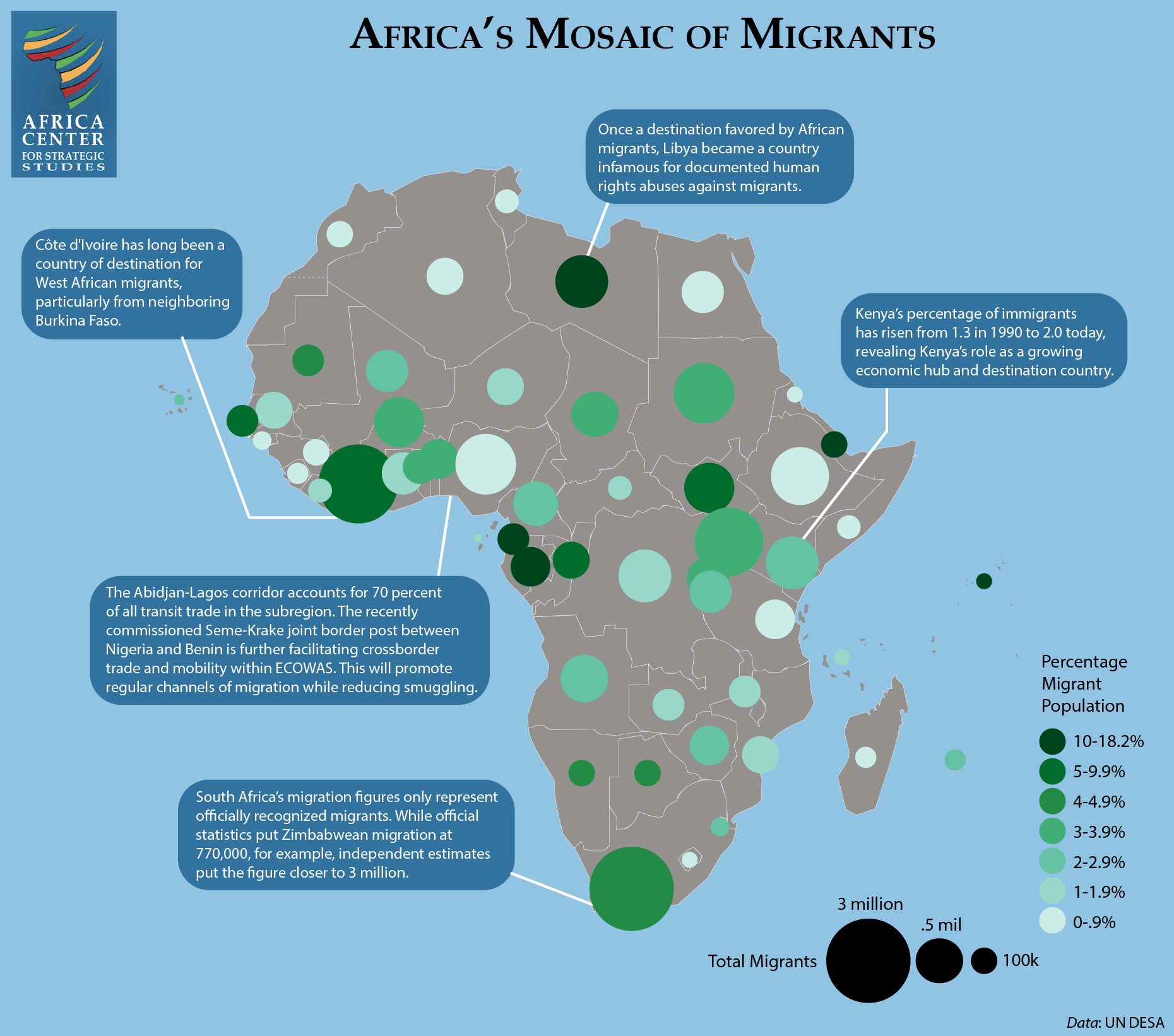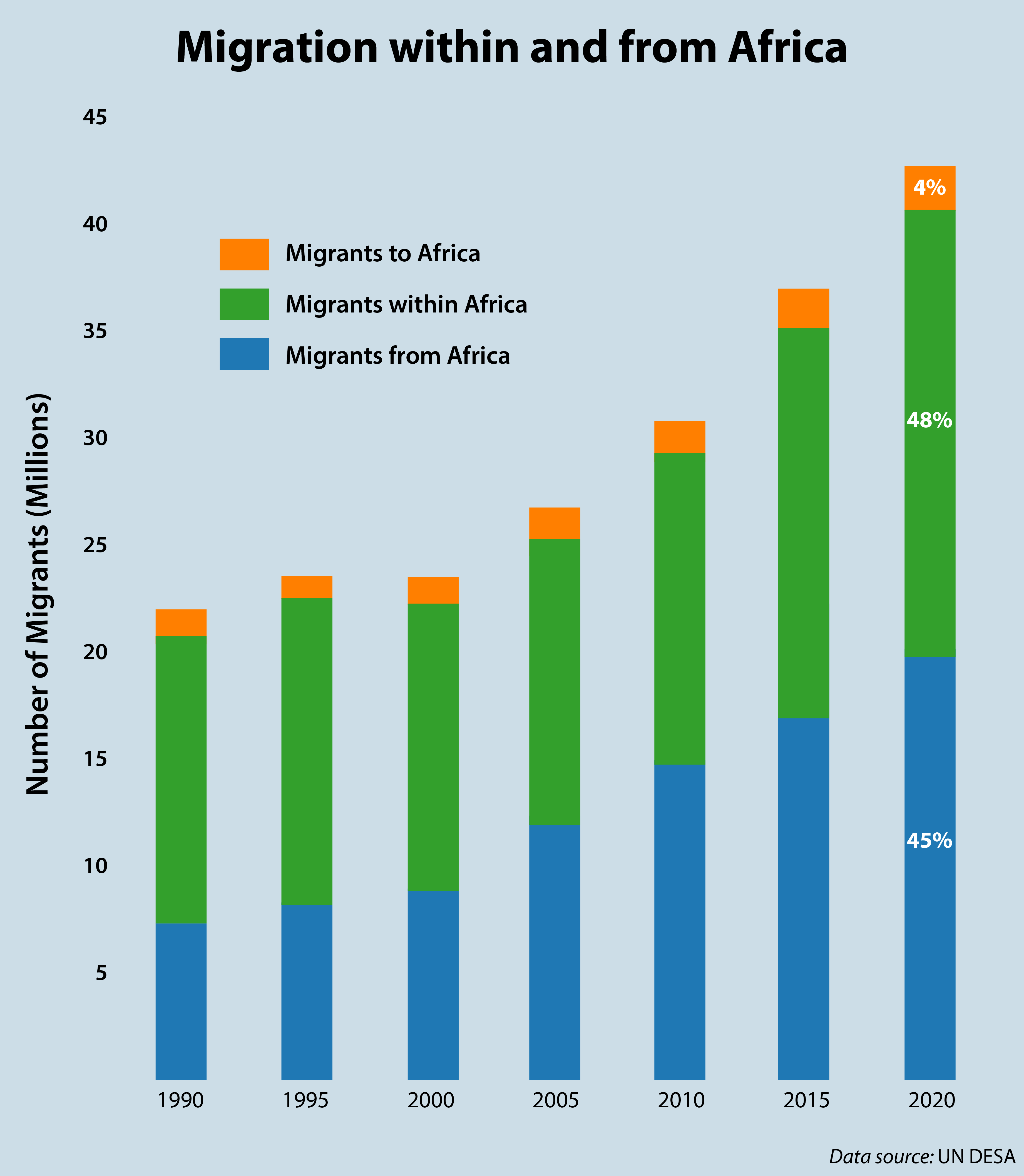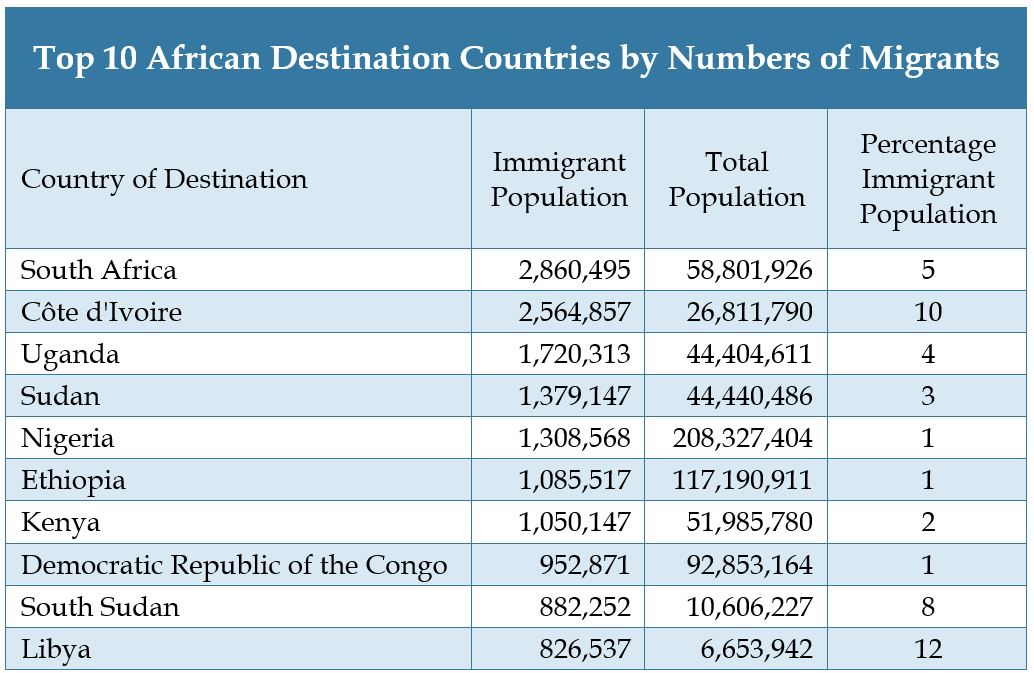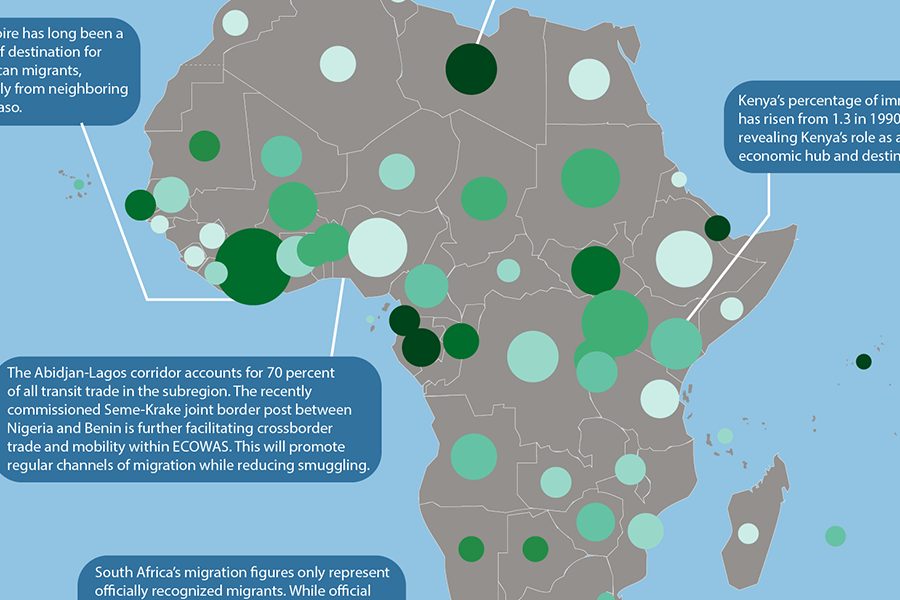Your physiology is African. You can’t escape that…
Senegal, Gambia & Parts of Guinea are part of the Sahel Zone., Northern parts of Nigeria & Cameroon are also part of the Sahel.
Y Chromosome Lineages in Men of West African Descent
Jada Benn Torres, Menahem B. Doura, Shomarka O. Y. Keita, Rick A. Kittles
The European colonization of the Americas used labor from west and west central Africa, initially in the U.S. as indentured servants and later enslaved. Although the exact number is unknown and highly contested, it is estimated by some historians that between 8 to 12 million Africans were brought to the Americas in the transatlantic slave trade. Of this total, the vast majority were sold to European colonies in Latin America, only 4.5% of the enslaved Africans were imported to the United States, 7.8% to Jamaica, and 0.03% to the US Virgin Islands [1], [2], [3].
Enslaved Africans came from or through major coastal regions that had been labeled by
Europeans as the Grain Coast (consisting of Senegal, Gambia, Guinea, Sierra Leone and parts of Liberia), Windward Coast (Ivory Coast and Liberia), Gold Coast (Ghana west of the Volta River), Bight of Benin (between the Volta and Benin Rivers), Bight of Biafra (east of the Benin River to Gabon), Central Africa (Gabon, Congo, and Angola), and the southern coast of Africa (from the cape of Good Hope to Cape Delgado, including the island of Madagascar).
In the sixteenth through nineteenth centuries west and west Central Africa were home to a range of societies and cultures of varying social organization from so-called “stateless” (village focused) societies to kingdoms [4], [5], [6]. The Senegambian region, with a long history of technical expertise in rice agriculture and making indigo dye, included a number of ethnic groups [5], [6], and Muslim kingdoms under Mande [7], as well as Fulani rule such as Futa Toro, Futa Jallon, and Bundu [8]. Further east in Lower Guinea [5] were the Akan speaking peoples with likely cultural origins in the second century CE (common era) in local iron working and trading societies at Begho [9] within what is now Ghana. The Akan-speaking peoples were organized into kingdoms [5], most prominent among them being Ashanti in the south, known for its use of gold in artistic production. Further east were societies that may have been the descendants of the Nok culture dated to the last centuries BC [9]: these include kingdoms such as Benin, famous for its metal sculpture, Dahomey, and the Yoruba states [10]. Adjacent to the Yoruba the Ibo/Igbo peoples lived in southeastern Nigeria, site of the likely ninth century archaeological site of Igbo Ekwu with interesting locally done bronze sculpture, and numerous glass beads obtained in long distance trade [9]. West Central Africa was home to several societies (such as Loango, Ndongo, Luba, Kuba), and notably the Kingdom of the Kongo, which shared some common metaphysical beliefs between them, although the elite in the Kongo eventually accepted Christianity [4].
Historians report that the majority of enslaved Africans that were brought to the United States tended to be from Sierra Leone, Senegambia, and the Gold Coast, though Africans throughout the West African coast were also imported [1], [11], [12]. Within the British Caribbean, including Jamaica, a large proportion of enslaved Africans had origins from the Bight of Biafra. In the Dutch Caribbean, including what is now the US Virgin island of St. Thomas, many enslaved Africans were imported from the Bight of Benin [2]. Genetic data obtained from mitochondria and Y chromosome analyses support these findings for the British Caribbean [13].
The differences in origins of enslaved Africans are partially the result of preferences that European settlers had for different skill sets. Other factors such as availability and economic trends also influenced where enslaved Africans were obtained [2], [3].
Wax [12] reports that not only were the majority of Africans imported directly from Africa but also that Africans from the Gold and Windward coasts were among the most favored by European American colonists. Within the Caribbean, colonists apparently preferred Akan peoples over those from Angola [11].
Within South Carolina evidence indicates that Africans with skills in rice cultivation were in greatest demand. Several historians suggest that in South Carolina upwards of 40% of the enslaved originated from the “Grain coast” regions of Senegambia and Sierra Leone [14], [15], [16].
However, within South Carolina, as in the rest of the Americas, although the identities of African peoples were transformed, even lost, in the context of enslavement and forced acculturation they were not rendered totally invisible to historical research [8], [17] and cultural memory as evidenced by some Brazilians' and Cubans' abilities to speak Yoruba dialects.
Individuals of African descent within the Americas have varied African origins and did have interactions with non-Africans, namely Europeans and indigenous Americans. European ancestry entered this sociopolitical defined group due to a range of practices including voluntary concubinage, marriage, and forced relations. European males predominated in this exchange, but sometimes European females were also involved. These differences have likely resulted in different population genetic histories. There have been few comprehensive studies that attempt to explore the genetic genealogical origins of African descendant populations in the United States and the Caribbean [13], [18]. Those studies that do consider origins generally only consider the mitochondrial locus. Both Ely et al. [19] and Salas et al. [18], [20] for example examine the maternal genetic ancestries of African Americans. Their conclusions are largely congruent with the historical record that African Americans descend from west and west central African populations. Within South America, specifically Brazil, the genetic data support the same conclusion that African-Brazilians also have west and west central African origin [21], [22], [23], [24] as well as some from southeastern Africa.
In comparisons of genetic variation across the genome and across continental populations, the variation found outside of Africa by and large tends to be a subset of the variation observed within African populations [25], [26]. This is generally attributed to the African origin of our species [27], [28] and the serial founder effects as humans migrated from Africa. Relatively few studies have examined African genetic diversity [29]. Although some studies have specifically considered regional genetic diversity within west or central Africa [23], [30], [31], [32], [33], [34] they generally investigate the mitochondrial lineages. Less has been published about paternal genetic variation within west and central Africa.
In this study, we examine Y-chromosome genetic variation in African descendant populations. In addition, we search for genetic evidence of substantial Senegambian “Grain Coast” ancestry in African American males from South Carolina. Finally, we consider the paternal African origins of several African descendant populations throughout the Americas. In doing this we hope to not only provide a genetic perspective to compliment historical investigations into the issue of African geographical origins but also contribute to the understanding of the genetic structure of African American populations. Understanding the variation present in these populations has implicit ramifications on admixture mapping and association studies in this admixed politically defined ‘macro-ethnic’ group [35].
Visualization of the genetic distances in the MDS plots illustrates a strong geographical relationship between the African populations. Within the mega cluster of African populations, there is a geographical distribution of the populations. Groups from the Grain Coast generally fall together, as do groups from the Bight of Benin. One African American population, those from South Carolina, cluster with the African populations. Notably, the South Carolina population falls nearest to the Grain Coast populations.
Ethnohistorical records indicate a relationship between African Americans within this region of the United States and West Africans from Senegal, Gambia, and Sierra Leone. Based on such records it has been suggested that many African Americans within South Carolina originate from the Grain Coast region of West Africa. Furthermore, Africans from this region were sought-after and imported to the Americas for their knowledge of rice cultivation [8], [15], [17]. The current study is the first to test this hypothesis using genetic data. The other African derived groups from the Americas form a separate cluster and are closest to one outlying African group from the Bight of Biafra. Given that Caribbean slave census records collected in the 19th century indicate that many individuals were from the Bight of Biafra, this result appears consistent with historical data”
The early African experience in the Americas is marked by the transatlantic slave trade from ∼1619 to 1850 and the rise of the plantation system. The origins of enslaved Africans were largely dependent on European preferences as well as the availability of potential laborers within Africa. Rice...

journals.plos.org

 www.forbes.com
www.forbes.com




 sum of y'all are legitimate idiots bruh, shyts embarrassing
sum of y'all are legitimate idiots bruh, shyts embarrassing




